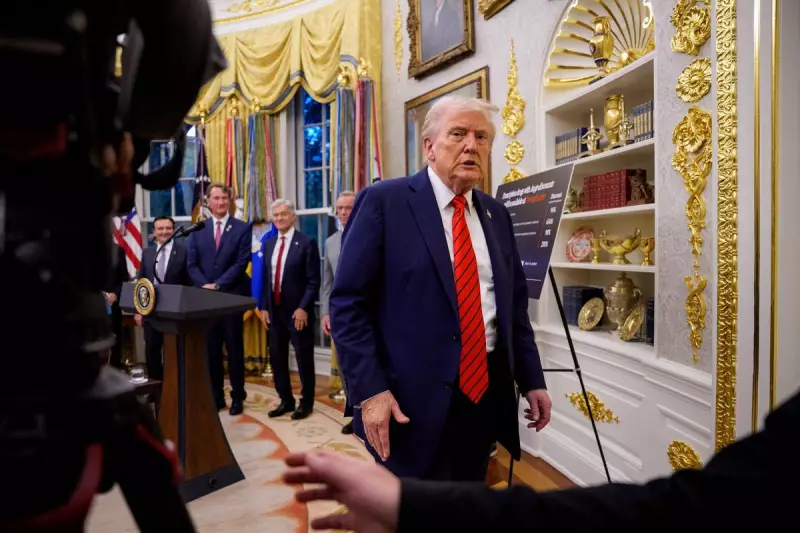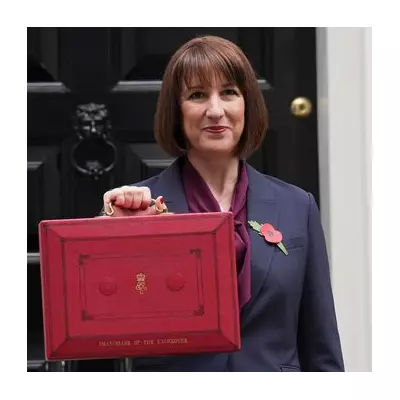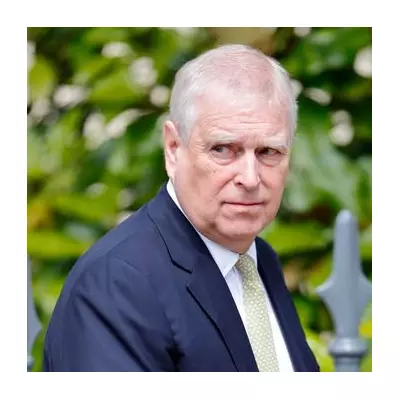
In a move that has sent shockwaves through American politics, former President Donald Trump has publicly called for Republican-controlled states to cease financial support to their Democratic counterparts as government shutdown fears intensify.
The Provocative Proposal
The controversial suggestion emerged during heightened tensions over federal funding negotiations, with Trump using his social media platform to advocate for what he describes as "leverage" in political standoffs. This unprecedented approach would see red states withholding funds from blue states, potentially creating a domino effect across the nation's financial infrastructure.
Deepening Political Divides
Political analysts are warning that this proposal represents one of the most significant escalations in partisan warfare in recent memory. The suggestion threatens to weaponise state funding in ways that could have far-reaching consequences for essential services, infrastructure projects, and emergency response capabilities in Democratic-led states.
Constitutional Concerns Raised
Legal experts have been quick to question the constitutionality of such measures, pointing to longstanding principles of federalism and interstate cooperation. This represents a fundamental challenge to how American governance has traditionally functioned, with potential legal battles looming if any state attempts to implement Trump's suggestion.
Potential Impact on Key Services
- Emergency response and disaster relief funding
- Infrastructure and transportation projects
- Healthcare and social service programmes
- Education funding and school programmes
- Environmental protection initiatives
Political Fallout Intensifies
The proposal has drawn immediate condemnation from Democratic leaders, who accuse Trump of attempting to hold American states hostage for political gain. Meanwhile, some Republican figures have expressed support for the concept, seeing it as a way to exert pressure in ongoing budget negotiations.
As the November elections approach, this development adds another layer of complexity to an already volatile political landscape, with both parties preparing for what could become a defining battle over the future of interstate relations and federal funding mechanisms.





